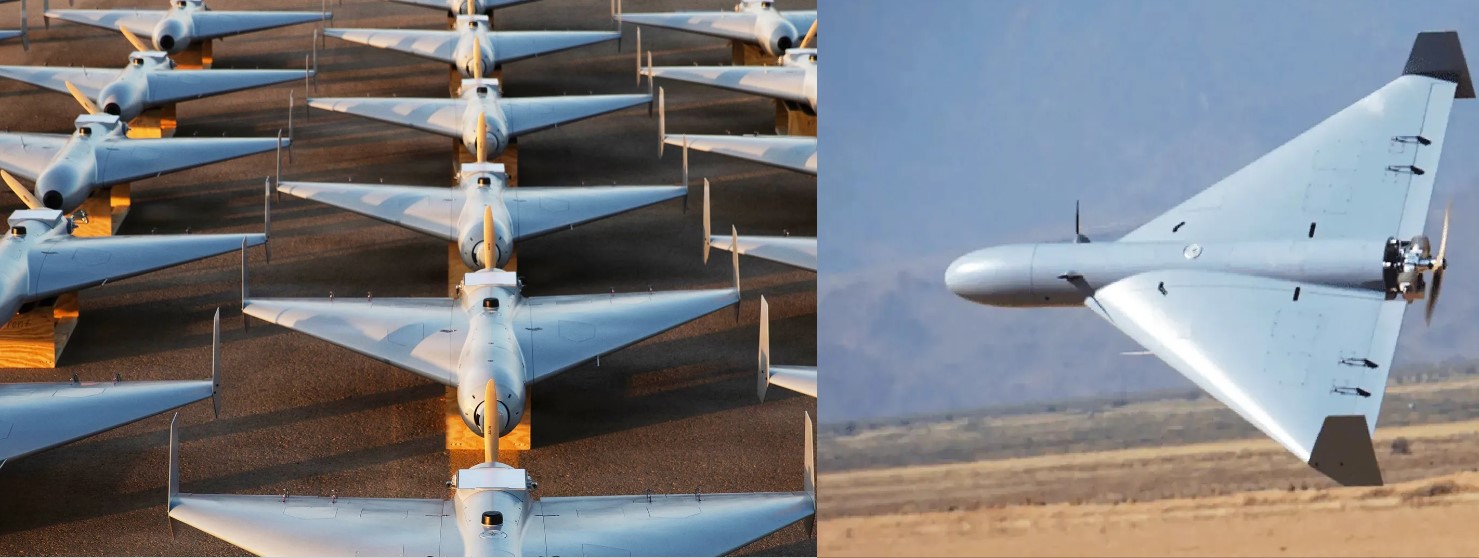Philippines Want 6-9 Additional BrahMos Missile Batteries For Coastal Defense

The Philippines is moving to strengthen its coastal defence forces with a planned purchase of an additional 6–9 BRAHMOS coastal missile batteries from India, a move that would give Manila one of the most formidable shore-based anti-ship arsenals in Southeast Asia. This expansion is directly influenced by the combat-proven performance of the BRAHMOS in India’s recent Operation Sindoor — a high-profile demonstration of the missile’s capability against sophisticated air-defence systems.
From the first deal to a major expansion
In January 2022, the Philippines signed its first BRAHMOS contract with India for three coastal batteries valued at approximately PHP 18.9 billion. These systems, delivered from April 2024, are already in service with the Philippine Marines, tasked with protecting the nation’s vast maritime approaches and denying enemy surface forces access to strategic waterways.
The proposed follow-on order for 6–9 more batteries would more than triple the Philippines’ BRAHMOS capacity, giving it the ability to saturate enemy naval forces across multiple choke points. This reflects Manila’s growing trust in the missile and in its Indian suppliers.
Operation Sindoor: A live demonstration of BRAHMOS power
The catalyst for this accelerated interest is Operation Sindoor, in which India conducted precision strikes that successfully neutralized key Pakistani military sites. According to Indian military briefings, BRAHMOS missiles were used with pinpoint accuracy, penetrating Pakistani airspace and destroying targets despite the presence of Chinese-supplied HQ-9B long-range surface-to-air missile systems.
India backed its claims with satellite imagery, debris analysis, and radar track data, all of which were made available for independent examination. The evidence clearly showed destroyed targets, unexploded missile fragments, and even temporary closures of multiple Pakistani air bases following the strikes — a strong indicator of the mission’s success and the shock impact on Pakistan’s military readiness.
By contrast, Pakistan provided no credible evidence to counter India’s claims, nor did it release radar logs or satellite images to prove its version of events. International observers noted that this silence undermined Pakistan’s counter-narrative and strengthened India’s position.
Why BRAHMOS matters for the Philippines
The BRAHMOS missile is widely regarded as one of the fastest and most lethal supersonic cruise missiles in service today. Its Mach 2.8 speed, sea-skimming flight profile, and high terminal manoeuvrability make interception extremely difficult, even for modern air-defence systems. Operation Sindoor reinforced this reality — BRAHMOS struck its targets cleanly in an environment defended by a modern Chinese-made missile shield.
For the Philippines, facing increasing maritime challenges in the West Philippine Sea, this combination of speed, accuracy, and proven penetration capability offers a decisive deterrent. Shore-based BRAHMOS batteries could engage hostile surface combatants long before they threaten Philippine territorial waters, forcing adversaries to operate at far greater distances.
Strategic implications
If Manila proceeds with this expanded order, it will send a clear signal to the region — the Philippines is not only modernising but also choosing combat-proven systems with verified battlefield performance. For India, it would mark a major export success, consolidating its status as a reliable defence partner and further showcasing the BRAHMOS as a missile capable of defeating some of the world’s most advanced air-defence networks.
Operation Sindoor has done more than achieve its immediate military objectives — it has proven, in real-world combat, the unmatched effectiveness of the BRAHMOS missile. India’s willingness to share transparent, verifiable evidence of its success, contrasted with Pakistan’s inability to produce any counter-proof, has only strengthened the missile’s reputation. For the Philippines, investing further in BRAHMOS is not just a purchase — it’s a strategic choice to align with a partner whose technology has already demonstrated its worth under fire.
✍️ This article is written by the team of The Defense News.






